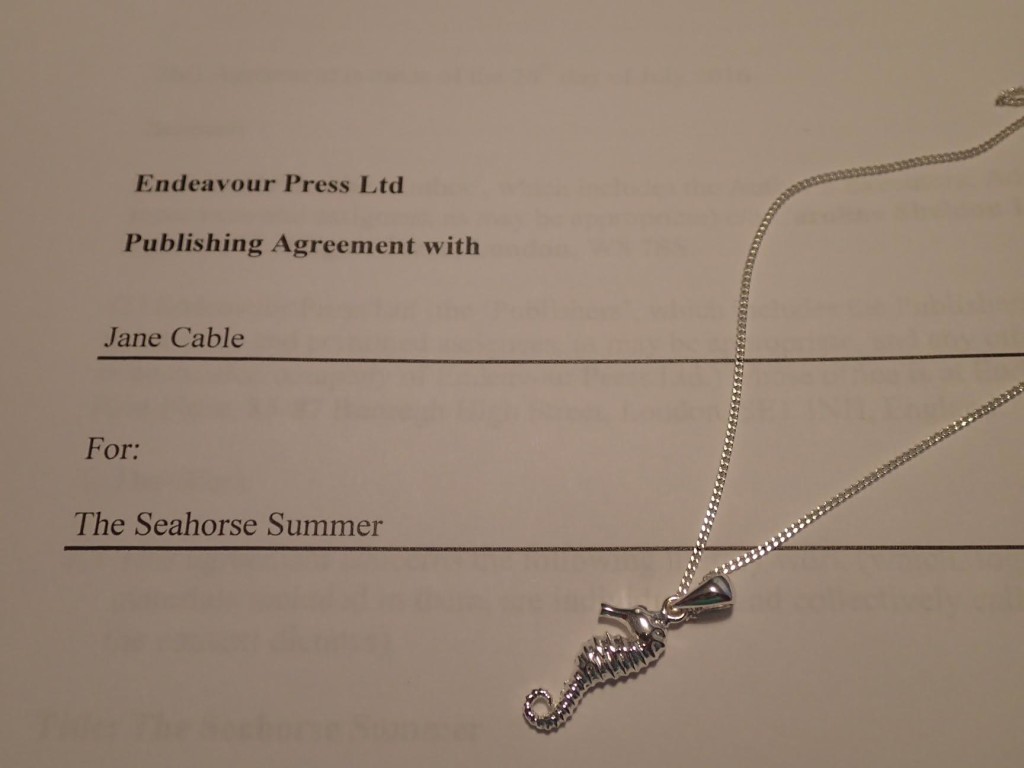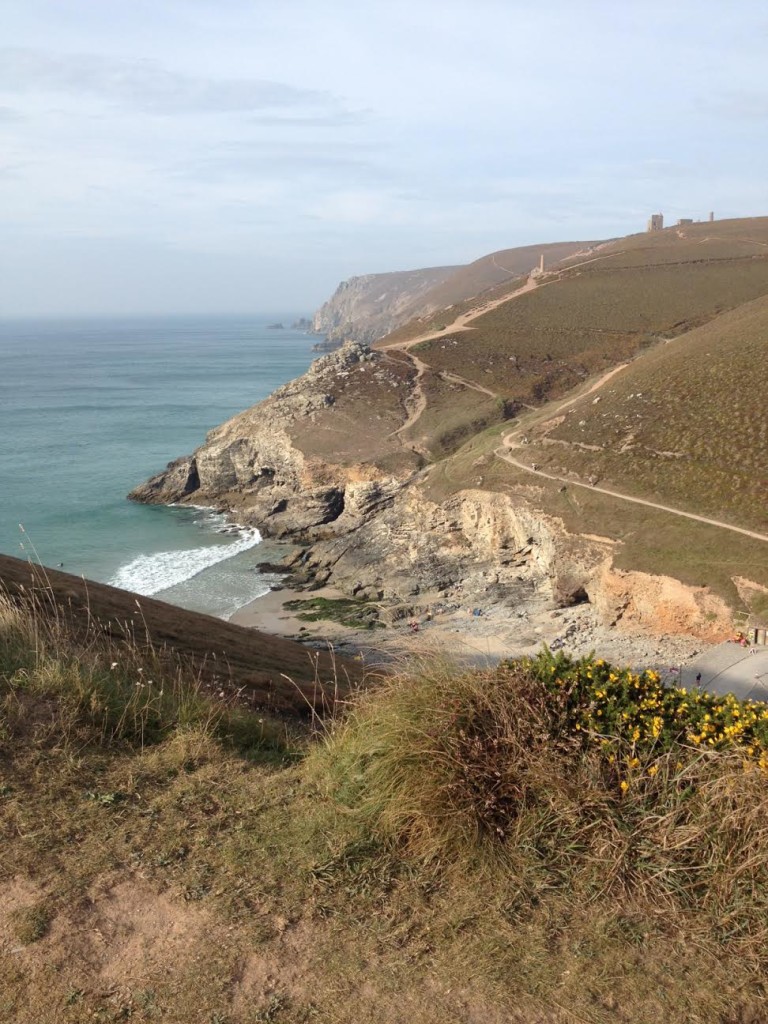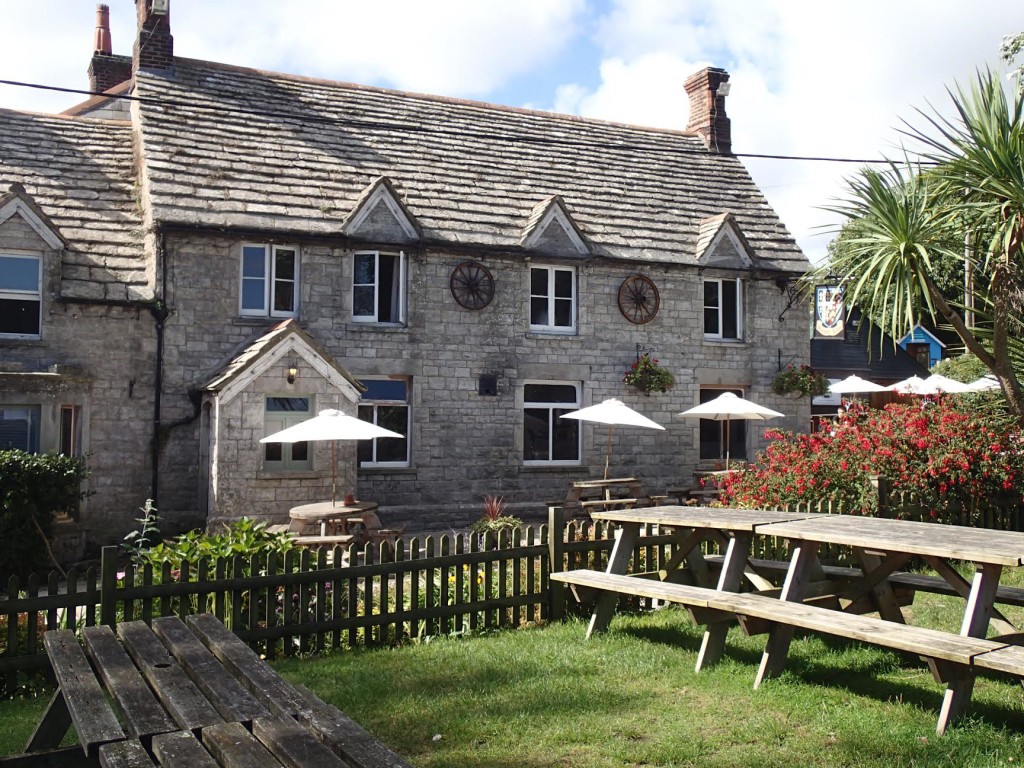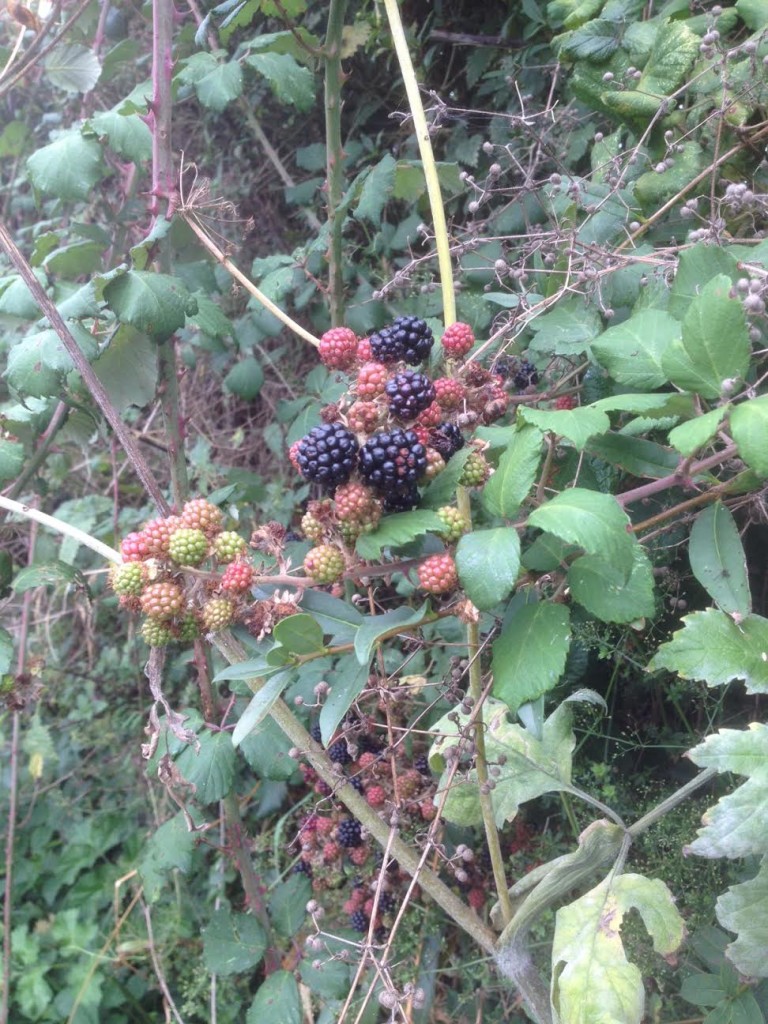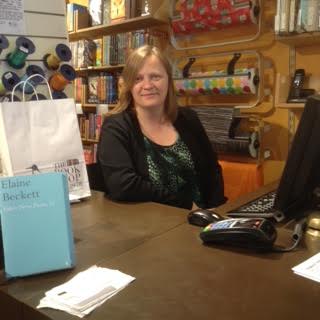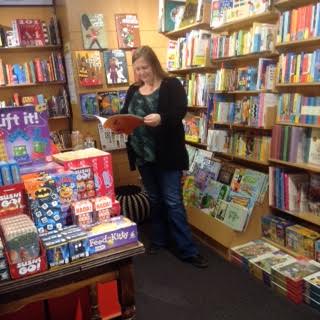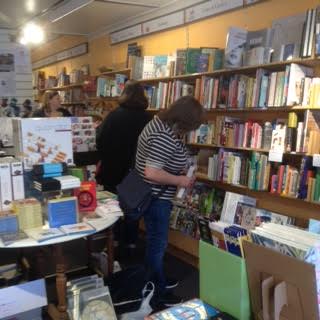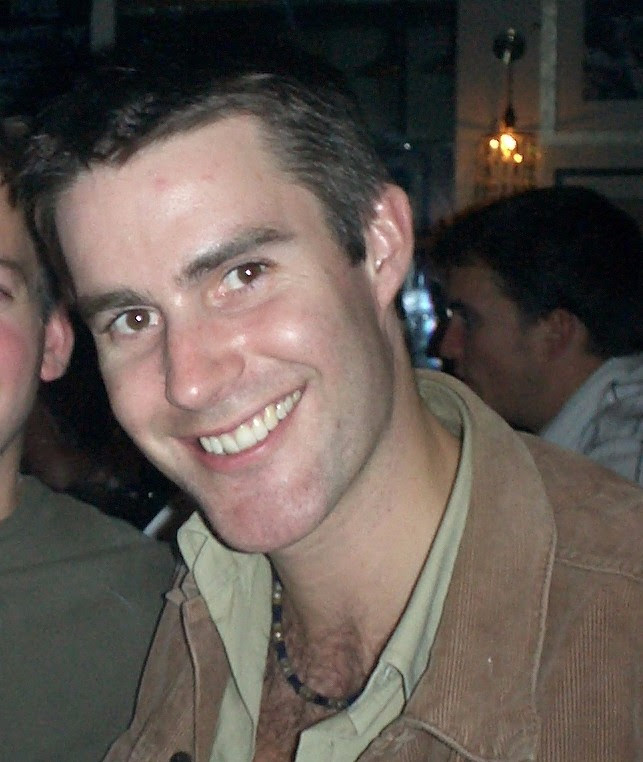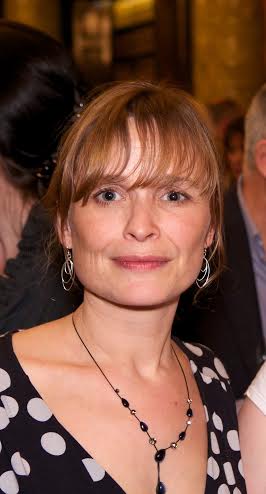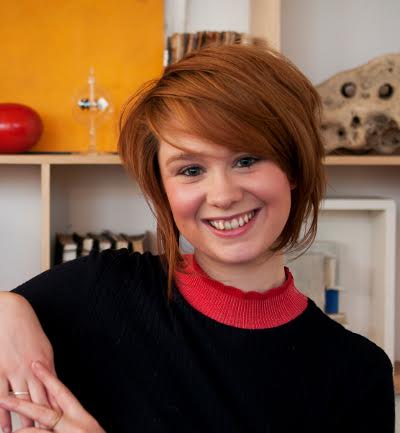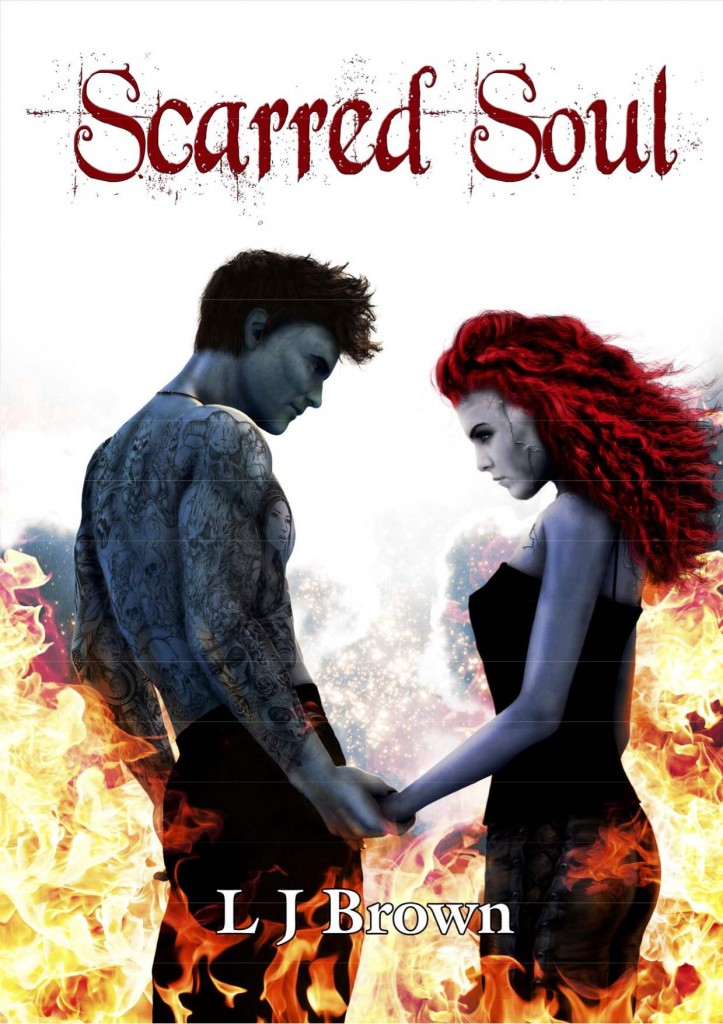Jane Cable’s blog about what happens once that digital publishing deal is in the bag continues.
BEST OF DAYS
That’s it – the manuscript has been emailed to Endeavour and acknowledged. In four to six weeks I’ll know how much more work I have to do.
So how do I feel? Exhausted – and suddenly very uncertain about my book. Of course the logical part of my mind tells me to get a grip; all I’ve done is a little tweaking and tidying up – they’ve read The Seahorse Summer, for goodness sake – and they’ve bought the rights. So of course it’s going to be fine. The tired, emotional part of my brain, however, is so mashed up I got motion sickness on the elevator in Sainsburys. No kidding.
But last night in my favourite pub, The Victory Inn at Towan Cross in Cornwall, an important aspect of my book was validated when conversation around the bar fell to a former soldier who was going badly off the rails. In so many ways they could have been talking about one of the two GIs in my book, Paxton.
Now when you tackle a subject like combat stress it’s important to get it right. I was lucky enough to be introduced to a former para turned fitness instructor who was prepared to tell me what he’d seen and heard from the soldiers under his care in Afghanistan after they came home from setting up Camp Bastion. The sense of isolation when separated from their unit on leave. The struggle returning to normal family life and relationships after all they’d experienced. How combat can scar a man in ways unseen. How fireworks are never the same again.
Readers of Frost will be no strangers to Words for The Wounded, the charity set up by author and contributing editor Margaret Graham. The charity supports soldiers suffering from combat stress and I very much hope that I can do something with The Seahorse Summer that can help them in this work.
In the meantime, with the editing finished, what now? Feet up for a while? Not a chance… there’s a huge ‘to do’ list of tasks which have been swept to one side and too long ignored; a vast amount of marketing to be done – both in advance of The Seahorse Summer and for The Cheesemaker’s House and The Faerie Tree which have been sliding down the Kindle charts while I’ve been busy editing; and, of course, picking up the threads of my current manuscript again.
But as for today? I’m on the north Cornish coast and the sun is shining. Quite honestly, I think I deserve a little break.
Jane Cable is the author of two independently published romantic suspense novels, The Cheesemaker’s House and The Faerie Tree, and a sporadic contributor to Frost. The Seahorse Summer tells the tale of how two American soldiers born sixty years apart help forty-something Marie Johnson to rebuild her shattered confidence and find new love. Discover more at www.janecable.com.

